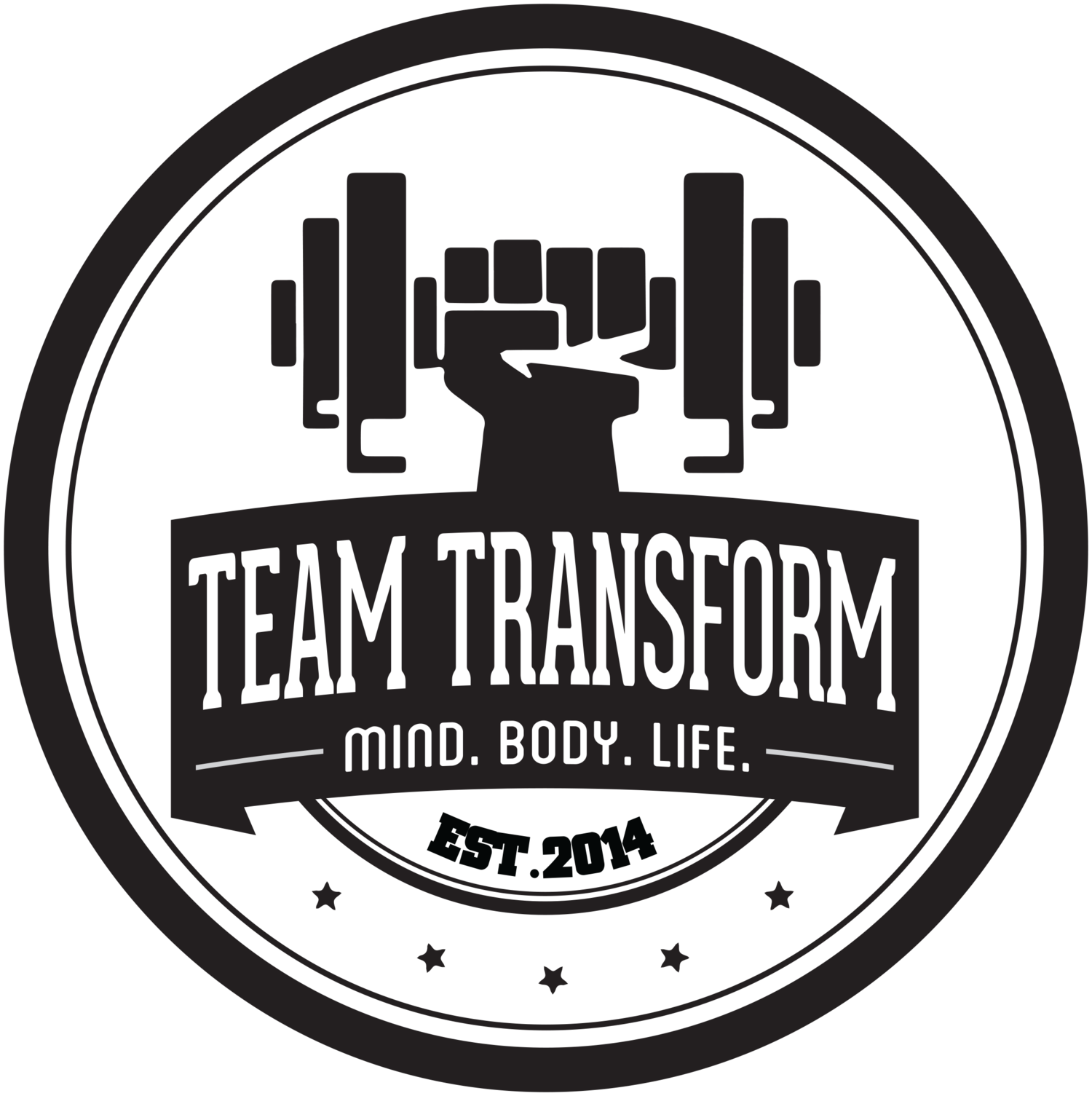The Psychology of Weight Loss: Why Changing Habits Is the Real Game-Changer
When most people think about losing weight, they think about meal plans, workouts, and willpower. But the truth? Long-term success has less to do with cutting carbs and more to do with how we think, behave, and create habits.
If you've ever felt like you're "all or nothing," stuck in a cycle of on-track/off-track, or constantly starting over on Mondays — you're not alone. And it's not a lack of motivation or discipline. It’s human psychology.
Let’s break down how your brain works when it comes to change — and how to use that knowledge to finally make habits stick.
1. Why Willpower Isn’t Enough
Research shows that willpower is like a battery — it runs out. Trying to rely on motivation alone is exhausting and unsustainable. That’s why at the end of a long, stressful day, it’s easier to skip your workout or reach for comfort food.
👉 The fix? Build systems and habits that remove the need for constant decision-making. Prep your meals, schedule your workouts, and make the healthier choice the easier one.
2. Habits Run on Autopilot
According to a study published in Health Psychology, up to 45% of our daily behaviour is habit-driven. That means you're not consciously choosing to snack at night or skip your workout — it’s just what you've always done.
Habits are formed through repetition and reward. The more often you do something, especially when it gives you a quick payoff (like scrolling instead of walking), the more your brain wires it in.
👉 The fix? Start small and repeat. Walk 10 minutes after dinner. Prep one healthy lunch. Win the tiny battles — they build momentum.
3. Your Identity Shapes Your Actions
One of the most powerful psychological shifts? Identity-based habits.
Instead of saying “I want to lose weight,” shift your self-talk to:
🔁 “I’m someone who moves daily.”
🔁 “I’m the kind of person who takes care of their health.”
When your actions align with your identity, it becomes less about rules and more about values. You’re not forcing yourself to exercise — you're just living in line with who you are.
4. Change Triggers Resistance — Expect It
Change is uncomfortable. Your brain wants to stick to familiar routines, even if they’re not serving you.
You might self-sabotage when things are going well. Or feel overwhelmed by the idea of changing everything at once.
👉 The fix? Expect resistance. Plan for setbacks. Then respond with compassion, not punishment. The most successful clients aren’t perfect — they’re consistent and kind to themselves when they slip.
5. Environment Beats Discipline
You don’t rise to the level of your goals — you fall to the level of your systems. That includes your environment.
🍪 Junk food on the counter? You'll eat it.
🧺 Workout gear in plain sight? You’re more likely to move.
📱 Phone next to your bed? You’ll scroll instead of sleep.
👉 The fix? Make your environment work for you, not against you. Set things up so the healthy choice is the default choice.
Final Thoughts: Mindset Over Meal Plans
If you’ve tried every diet under the sun and nothing’s stuck, it’s not about finding a “better” plan. It’s about understanding the way you think, and building habits that feel doable, sustainable, and aligned with your lifestyle.
Weight loss isn’t a 6-week program. It’s a mindset shift. And the more you understand how your habits work, the more control you take back.
Start small. Stay consistent. Back yourself.
The results will follow.

